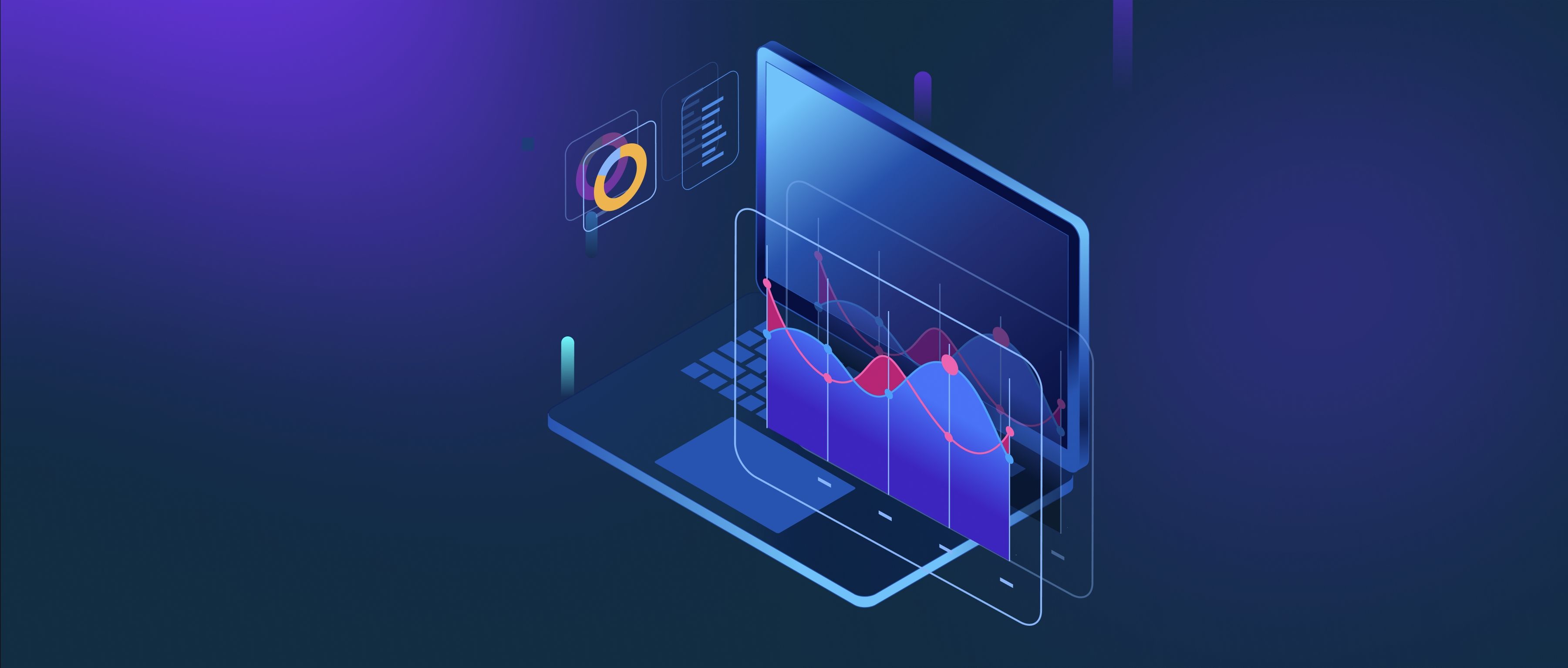AI reasoning plays a critical role in enhancing predictive modeling by improving the accuracy and efficiency of predictions made from existing data. At its core, AI reasoning helps systems analyze data patterns and relationships that humans might overlook. By leveraging algorithms that simulate human-like reasoning, these systems can identify relevant features and relationships in large datasets, leading to better predictions. For example, when predicting customer buying behavior, AI can analyze past purchase patterns alongside demographic information, thus uncovering hidden trends that contribute to a more accurate model.
Additionally, AI reasoning allows for continuous learning and adaptation within predictive modeling. Unlike traditional models that remain static once built, AI systems can ingest new data and refine their predictions accordingly. For instance, a model predicting stock prices can adjust its reasoning based on new financial reports or market trends, ensuring that it remains relevant despite changing conditions. This dynamic approach is essential in fields where the data is constantly evolving, such as finance and healthcare, enabling organizations to make timely and informed decisions based on up-to-date information.
Moreover, AI reasoning can facilitate scenario analysis and decision support. By simulating different outcomes based on varying input parameters, AI models can help developers explore "what-if" scenarios. For example, in supply chain management, a model can predict outcomes based on alterations in supplier performance or changes in consumer demand. This not only aids in risk assessment but also optimizes strategic planning efforts, allowing businesses to prepare for multiple potential futures rather than relying on a single static forecast. In summary, AI reasoning significantly enhances predictive modeling by improving data analysis, enabling continuous adaptation, and supporting strategic decision-making.
